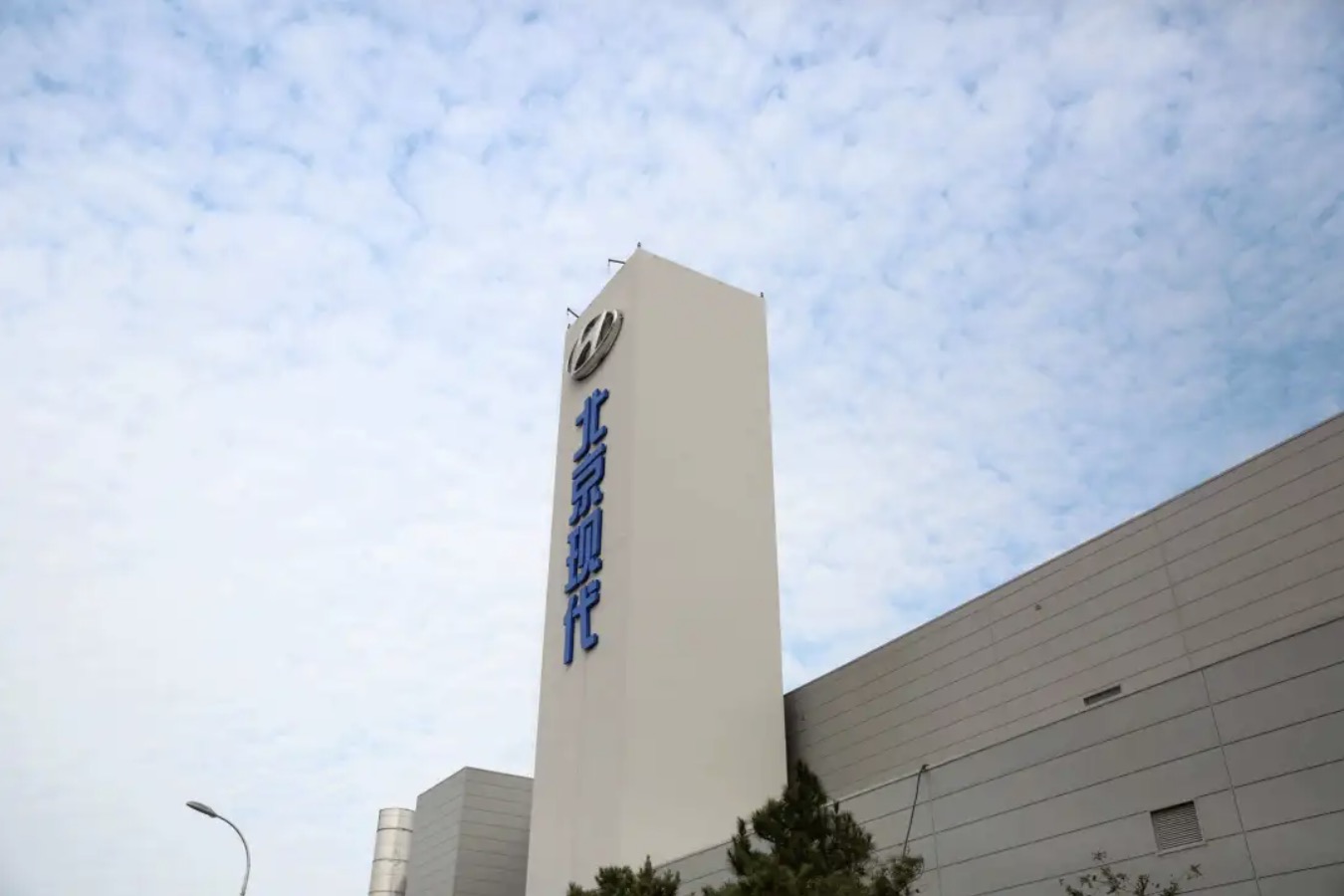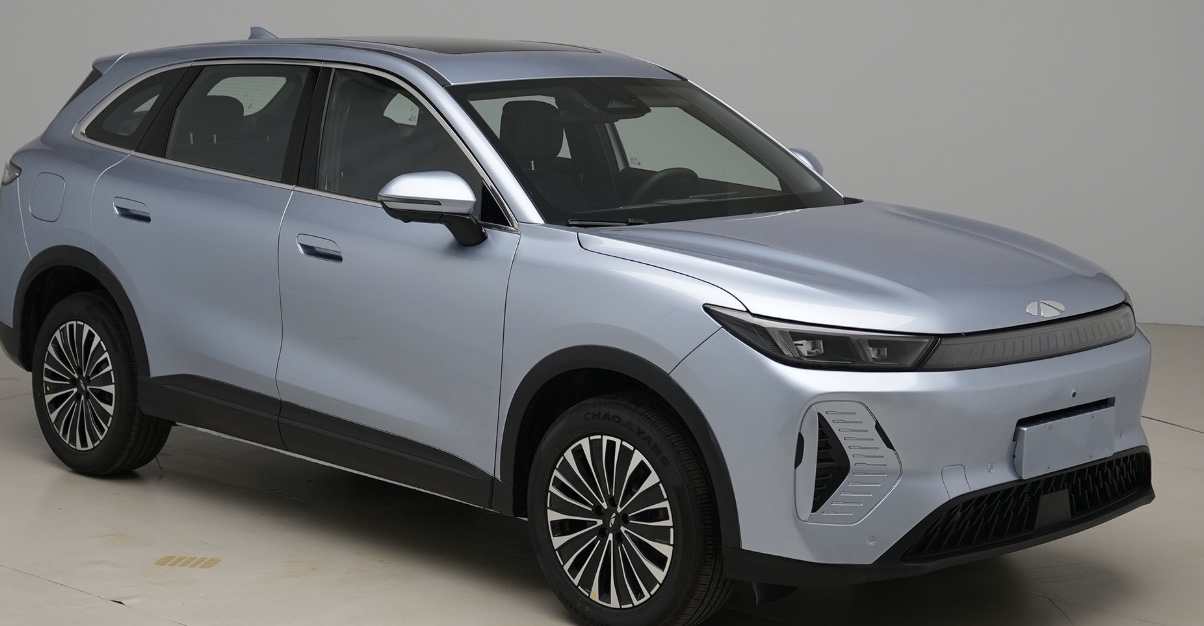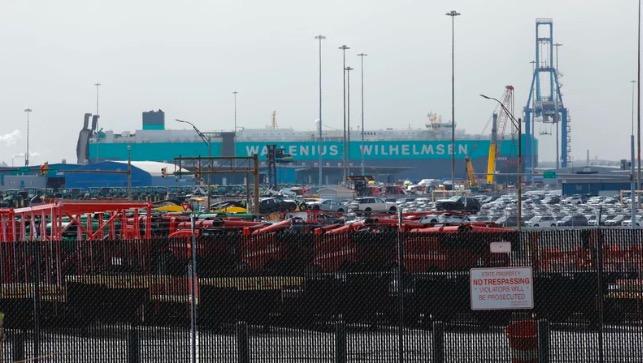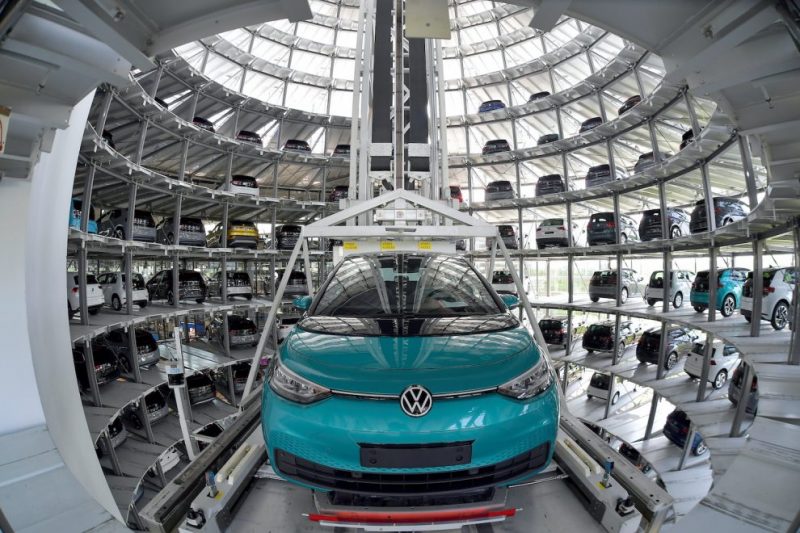After selling the factory, the equipment also began to be “cleared out” one by one.
According to the information released by the Beijing Property Rights Exchange, Beijing Hyundai Motor Co., Ltd. Beijing Branch listed and transferred 5,075 assets of Beijing Hyundai Renhe Engine Plant 1, with the transfer base price of 45.6853 million yuan. The transferred assets are mechanical equipment, including idle machinery and equipment and in-stock materials, located in Shunyi District, Beijing. The information shows that the latest disclosure period is April 19. If there is no intended transferee, Beijing Hyundai is likely to lower the base price.
It is understood that as early as September 2023, Beijing Hyundai Motor Co., Ltd. Beijing Branch had listed and transferred the equipment assets of Renhe Engine Plant 2, with the transfer base price of 31 million yuan, and the asset transfer ranging from the production line to the walkie-talkie / water dispenser, which can be described as a “clearance sale”. In addition, Beijing Hyundai Motor Co., Ltd. Chongqing Branch also transferred the equipment of Cangzhou Engine Factory in the same month, with a transfer low price of 60 million yuan.
This is another asset that Beijing Hyundai is preparing to sell after Beijing First Factory, Chongqing Factory, and Cangzhou Factory. In January this year, Beijing Hyundai’s Chongqing factory located at Modern Avenue, Yuzui Town, Jiangbei District, Chongqing finally completed the transaction, with a transaction price of 1.62 billion yuan. According to the announcement information of the Beijing Property Rights Exchange, the project name “Land Use Right, Above-ground Buildings (Structures) and Related Equipment and Other Assets at No. 18, Chongqing Road” has completed the transaction after half a year. The transfer evaluation value is 3.684 billion yuan. Compared with the initial transfer base price of 3.684 billion yuan, it has been lowered by 2.064 billion yuan, which is equivalent to a 40% discount sale.
It is understood that Beijing Hyundai had five vehicle manufacturing plants at its peak, including Beijing Shunyi Plant 1, Plant 2, Plant 3, Hebei Cangzhou Factory, and Chongqing Factory, with an annual output of up to 1.65 million vehicles, and the Chongqing Factory was built and completed during the peak period of Beijing Hyundai. It is the newest and most advanced of the five factories. In 2016, Beijing Hyundai’s annual sales reached 1.14 million vehicles, but with the change of the market environment, Beijing Hyundai’s market performance is also increasingly declining. Data shows that in 2023, the global sales of the Hyundai Kia Group were 7.3 million vehicles, the third globally, while Beijing Hyundai was only 257,000 vehicles, less than a fraction of global sales.
Along with the sharp contraction of the share of the fuel vehicle market, in recent two years, many automobile companies have sold off their factories to slim down, and “shutdown, consolidation, and transfer” continue to occur in the field of joint venture brands. According to the official website of Beijing Hyundai, the five factories that once drove Beijing Hyundai’s sales of millions, currently only the Beijing Renhe factory is left for visiting only.
In addition to reducing production capacity, the future product lineup of Beijing Hyundai will also contract, and many models are facing production suspension and stoppage of sales. In June last year, Zhang Zaixun, CEO of the Hyundai Motor Group, revealed at an investor relations event held in Seoul, South Korea, that due to the sharp decline in Hyundai Motor’s sales in the Chinese market in the past six years, Hyundai plans to cut the models sold in China from the current 13 to 8.
The official website shows that there are currently 10 models sold by Beijing Hyundai, including Elantra, Sonata, La Festa, Tucson, Santa Fe, etc., but except for Elantra, the sales of other models are relatively ordinary. Official data shows that in 2023, Beijing Hyundai sold a total of 257,000 new cars, with a year-on-year increase of 2.8%. The model with the highest sales is Elantra, which is 108,700 vehicles, and ix35 and Tucson are 43,600 vehicles and 53,000 vehicles respectively.
It is understood that within the year, Beijing Hyundai will launch the 11th generation Sonata and the fifth generation Santa Fe. Among them, the 11th generation Sonata was officially listed on March 27. The new car brings a new exterior and interior design, and the overall price has been lowered. And the whole series is matched with an 8AT gearbox, with the 1.5T model priced at 139,800-162,800 yuan and the 2.0T priced at 163,800-186,800 yuan. As for whether the new car can bring a turning point for Beijing Hyundai, it remains to be tested.
For the sale of the Chongqing factory, Beijing Hyundai stated that “it is one of the measures to continuously optimize its operations in China.” Although the selling price of the Chongqing factory is far lower than the expected evaluation of 3.68 billion yuan, it also recycles some funds for Beijing Hyundai to a certain extent, and provides cash flow support for the electrification transformation and the listing of new cars.
Next, there will be more enterprises that need to solve the problem of overcapacity, including the current mainstream automobile manufacturers. In 2023, SAIC Volkswagen’s annual production capacity is 1.202 million vehicles, while the designed production capacity is 2.088 million vehicles, and the capacity utilization is only 58%.



